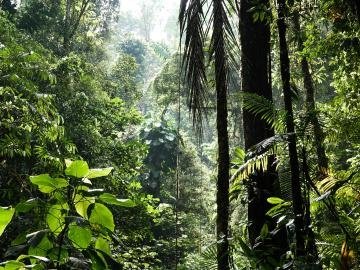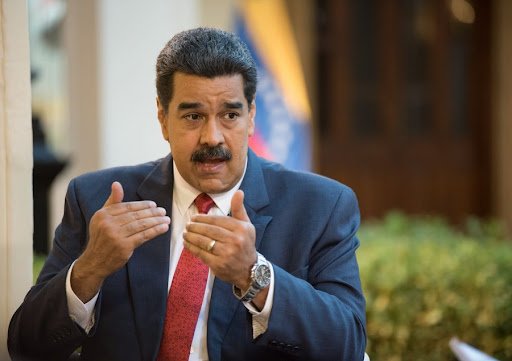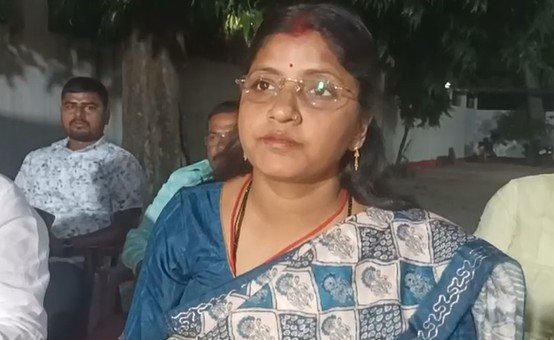In Panama City, 196 countries are set to meet from Monday to Friday for two key talks under the Convention on Biological Diversity (CBD). The gatherings will shape how the world tackles biodiversity loss and prepares for the 2026 UN Biodiversity Conference (COP17) in Yerevan, Armenia.
The first meeting – SBSTTA‑27
This session focuses on the first global review of the Kunming‑Montreal Global Biodiversity Framework (KMGBF), the 2022 agreement that lists 23 action targets to stop and reverse biodiversity loss by 2030. Delegates will discuss how each country has progressed, using national reports that will be submitted in February 2026, the National Biodiversity Strategies and Action Plans (NBSAPs), and the latest science data. The review will help ensure the world stays on course to meet the 2030 goals set by the KMGBF.
The second meeting – SB8J‑1
For the first time, the Subsidiary Body on Article 8(j) will meet. This body brings together indigenous peoples and local communities, who are stewards of nature, alongside scientists, government officials, civil society groups, women’s groups, and youth. The goal is to give these communities a stronger voice in decisions that protect biodiversity. The meeting marks a historic milestone for inclusive conservation.
Why it matters
According to CBD Executive Secretary Astrid Schomaker, “Healthy, biodiverse ecosystems are the foundation of food, medicine, water, and climate stability.” The global review will show how far we’ve come, where gaps remain, and how we can accelerate action. The report will feed directly into COP17, giving decision‑makers a clear picture of progress and challenges.
Next steps
An advisory group has already drafted an outline for the global report. This blueprint will guide the analysis of progress, combining local, national, and global data. Once the reports are finalized, they will inform future COP meetings, including the second review scheduled for COP19 in 2030.
The CBD, a legally binding treaty signed in 1992, is central to global sustainability. Its secretariat is based in Montreal, Canada. Through these meetings, global leaders, indigenous voices, scientists, and civil society members will collaborate to protect the planet’s life‑support systems for future generations.
Source: ianslive
Stay informed on all the latest news, real-time breaking news updates, and follow all the important headlines in world News on Latest NewsX. Follow us on social media Facebook, Twitter(X), Gettr and subscribe our Youtube Channel.



